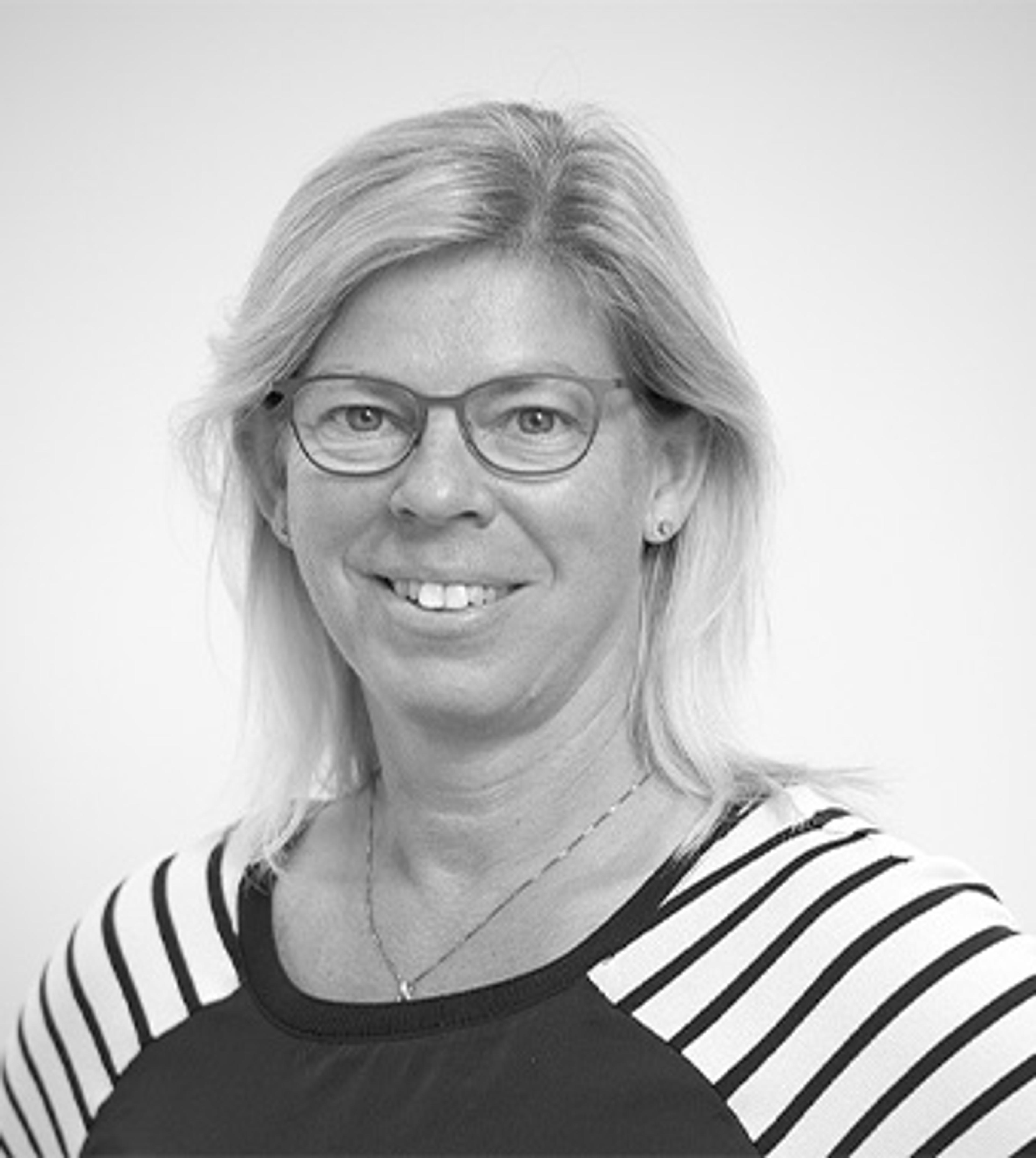AQUADA-GO

Facts
Category
Project period
Total budget
17,796,010 kr.Support amount
7,470,376 kr.Partners
About the project
Challenge
Current methods for wind turbine blade inspection primarily use the following techniques: ropes and/or baskets, ground-based cameras, or flying drones. These methods are predominantly based on optical images at human visual frequencies. Only surface damage and wear, such as erosion, dirt, and surface cracks, are identified. However, critical damage often occurs beneath the blade's surface and thus remains hidden. Even more importantly, wind turbine operations must be stopped during inspections, leading to additional costs due to downtime and lost revenue.
Solution
The AQUADA-GO project will develop a methodology for automated, contactless, near-real-time wing damage detection and risk assessment in a single step using thermography and computer vision, without stopping the turbines' normal operation. The project will take the AQUADA technology—developed in DTU Wind Energy’s laboratory—and apply it to operational offshore wind turbines.
The project will create a market-ready solution that can transform the current labor-intensive, multi-step blade inspection paradigm. AQUADA-GO will develop and demonstrate software implementation and hardware integration in an all-in-one drone platform designed for use on offshore wind turbines. The project will develop a full-scale prototype, which will be tested and demonstrated at RWE-owned offshore wind farms in collaboration with the project's commercial partner Quali Drone and knowledge partner DTU Wind.
Impact
The project aims to reduce the costs of blade inspections by at least 50%, contributing to a reduction in the Levelized Cost of Energy (LCOE) by 2-3% over the project's 25-30-year lifespan compared to existing solutions currently available in the market.
AQUADA-GO technology is expected to reduce CO2 emissions by 30-50% per turbine inspection compared to existing solutions on the market. Overall, the AQUADA-GO project is estimated to increase the total annual revenue for the two involved companies by DKK 125 to 230 million and create 33 to 55 new full-time jobs 3 to 5 years after the project's completion.
Project in the media
Videos
Want to learn more?

Skibsbyggerivej 5, 3. sal.
9000 Aalborg
Navitas
Inge Lehmanns Gade 10
8000 Aarhus C
House of Offshore Innovation
Kanalen 1
6700 Esbjerg
Port House
Vendersgade 74
7000 Fredericia
BLOXHub
Bloxhub, Bryghusgade 8, 3. sal,
1474 København K
Energy Cluster Denmark
Nørre Havnegade 43
6400 Sønderborg
©Energy Cluster Denmark 2025